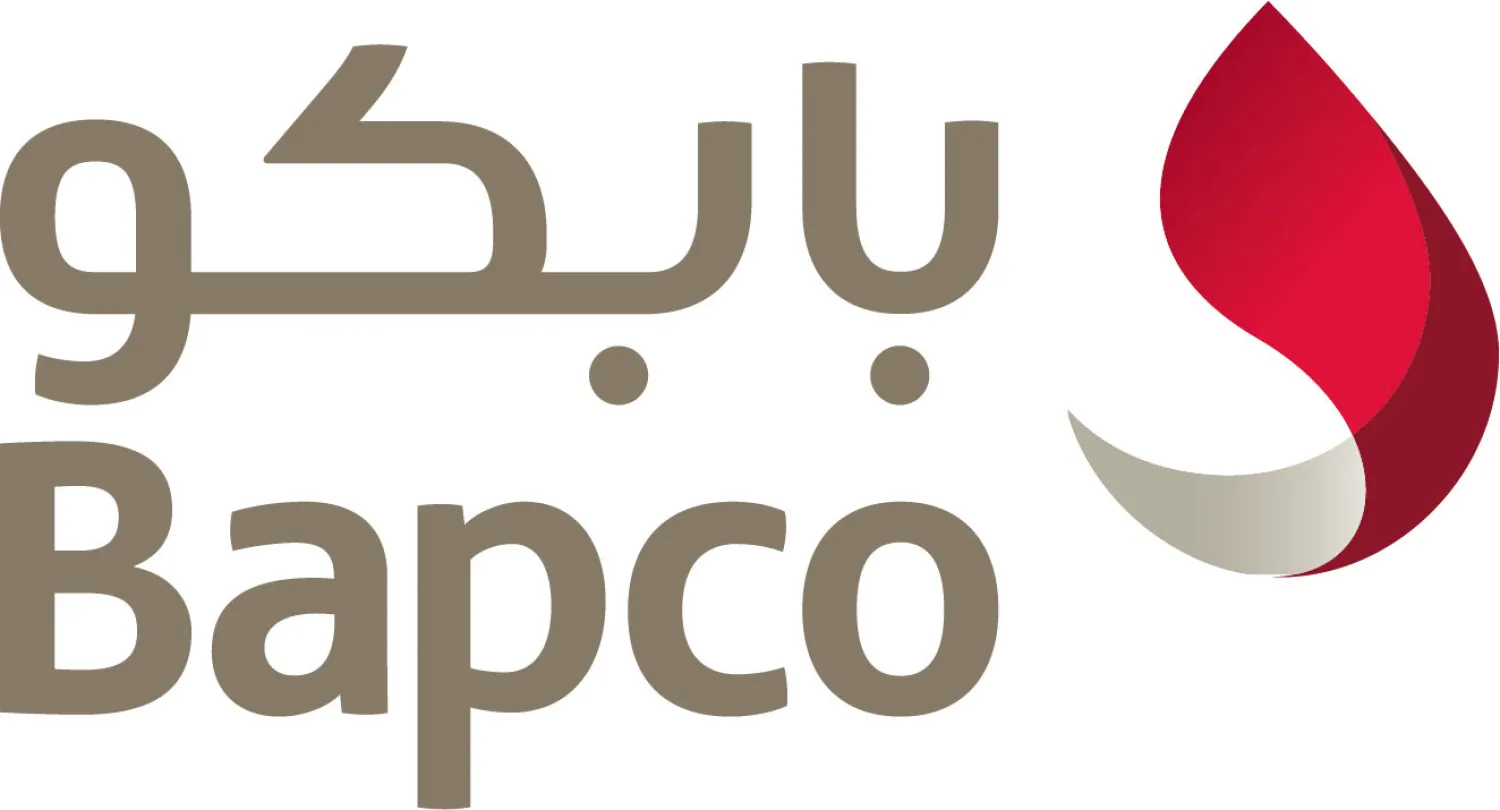Bahrain’s Crown Prince Salman bin Hamad Al Khalifa, Deputy Supreme Commander and First Deputy Prime Minister instructed the Ministry of Interior, Ministry of Works, Municipalities Affairs and Urban Planning and the Bahrain Petroleum Company (Bapco) to continue to implement security and maintenance measures for pipeline facilities across the Kingdom.
The Crown Prince also called on addressing the needs of the people affected by the terrorist incident that targeted an oil pipeline in Buri village south of Manama on Friday evening.
The Ministry of the Interior transferred a number of people from the village, where the terrorist attack took place, to a shelter in order to ensure their security and safety and provide them with the necessary care.
He extended gratitude to the Kingdom of Saudi Arabia for its prompt cooperation in response to the attack that was instrumental to restoring normal flows of oil supplies between the two countries due to the ongoing collaboration between BAPCO and Aramco.
This came during the 18th meeting of the Higher Committee for Natural Resources and Economic Security, which was chaired by the Crown Prince on Sunday at Riffa Palace.
Minister of Interior Lieutenant General Sheikh Rashid bin Abdullah Al Khalifa and Minister of Oil Sheikh Mohammed bin Khalifa Al Khalifa submitted a presentation on oil pipeline security and maintenance planning in the Kingdom of Bahrain.
Prince Salman bin Hamad also noted the severity of the recent terrorist attack, which was a deliberate act to undermine the security of the Kingdom.
On this note, HRH commended security authorities and Bapco whose collective actions succeeded in bringing the fire under control swiftly while preventing any casualties.
He concluded by praising the efforts of local residents in assisting security authorities, noting that the authorities will continue to work hard to meet their needs in the aftermath of the attack.
In this context, Bapco’s Corporate Communications Head Nawaf al-Ghanim said the company stepped up its security monitoring and patrols at the company's facilities and around the pipeline immediately after the blast.









